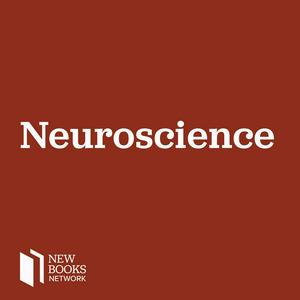Paul Thagard, "Bots and Beasts: What Makes Machines, Animals, and People Smart?" (MIT Press, 2021)
Octopuses can open jars to get food, and chimpanzees can plan for the future. An IBM computer named Watson won on Jeopardy! and Alexa knows our favorite songs. But do animals and smart machines really have intelligence comparable to that of humans? In Bots and Beasts: What Makes Machines, Animals, and People Smart? (MIT Press, 2021), Paul Thagard looks at how computers (“bots”) and animals measure up to the minds of people, offering the first systematic comparison of intelligence across machines, animals, and humans.
Thagard explains that human intelligence is more than IQ and encompasses such features as problem solving, decision making, and creativity. He uses a checklist of twenty characteristics of human intelligence to evaluate the smartest machines—including Watson, AlphaZero, virtual assistants, and self-driving cars—and the most intelligent animals—including octopuses, dogs, dolphins, bees, and chimpanzees. Neither a romantic enthusiast for nonhuman intelligence nor a skeptical killjoy, Thagard offers a clear assessment. He discusses hotly debated issues about animal intelligence concerning bacterial consciousness, fish pain, and dog jealousy. He evaluates the plausibility of achieving human-level artificial intelligence and considers ethical and policy issues. A full appreciation of human minds reveals that current bots and beasts fall far short of human capabilities.
Galina Limorenko is a doctoral candidate in Neuroscience with a focus on biochemistry and molecular biology of neurodegenerative diseases at EPFL in Switzerland. To discuss and propose the book for an interview you can reach her at
[email protected].
Learn more about your ad choices. Visit megaphone.fm/adchoices
Support our show by becoming a premium member! https://newbooksnetwork.supportingcast.fm/neuroscience


